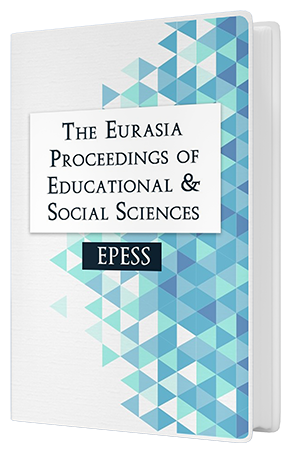METACOGNITIVE AWARENESS OF SCIENCE ORIENTED STUDENTS IN REPUBLIC OF SERBIA
Keywords:
physics, science, metacognition, metacognitive awarenessAbstract
This paper presents an analysis of science oriented students’ metacognitive awareness. Research sample consists of about 200 students of both genders that have enrolled in science oriented department in one of four Grammar schools in Novi Sad. Students enrolling Grammar school in Serbia are mainly 15 years old girls and boys. For the need of this research, the questionnaire (that included Metacognitive Awareness Inventory - MAI) was constructed. According to the first framework given by Flavell (1971), metacognitive awareness can be categorized into awareness of: metacognitive knowledge, metacognitive regulation and metacognitive experiences. Knowledge of cognition usually includes three different kinds of metacognitive awareness: declarative knowledge, procedural knowledge and conditional (strategic) knowledge. Regulation of cognition refers to awareness of the need to use certain strategies, such as planning, information management, monitoring, evaluation and debugging in process of thinking and learning. The students, who conceive the experiments (scientific method) in teaching physics helpful for their understanding of the physics contents, have shown higher level of metacognitive awareness. The same could be concluded for the students who are writing down in a notebook the performed experiments (procedure, explanation, conclusions...) and the students who understand experiments and their explanations. If metacognition is defined as the knowledge and control over children’s own thinking and learning activities, it is very obvious that metacognition have great impact on learning process.Downloads
Published
Issue
Section
License
Copyright (c) 2015 The Eurasia Proceedings of Educational and Social Sciences

This work is licensed under a Creative Commons Attribution-NonCommercial-ShareAlike 4.0 International License.
The articles may be used for research, teaching, and private study purposes. Any substantial or systematic reproduction, redistribution, reselling, loan, sub-licensing, systematic supply, or distribution in any form to anyone is expressly forbidden. Authors alone are responsible for the contents of their articles. The journal owns the copyright of the articles. The publisher shall not be liable for any loss, actions, claims, proceedings, demand, or costs or damages whatsoever or howsoever caused arising directly or indirectly in connection with or arising out of the use of the research material. All authors are requested to disclose any actual or potential conflict of interest including any financial, personal or other relationships with other people or organizations regarding the submitted work.




